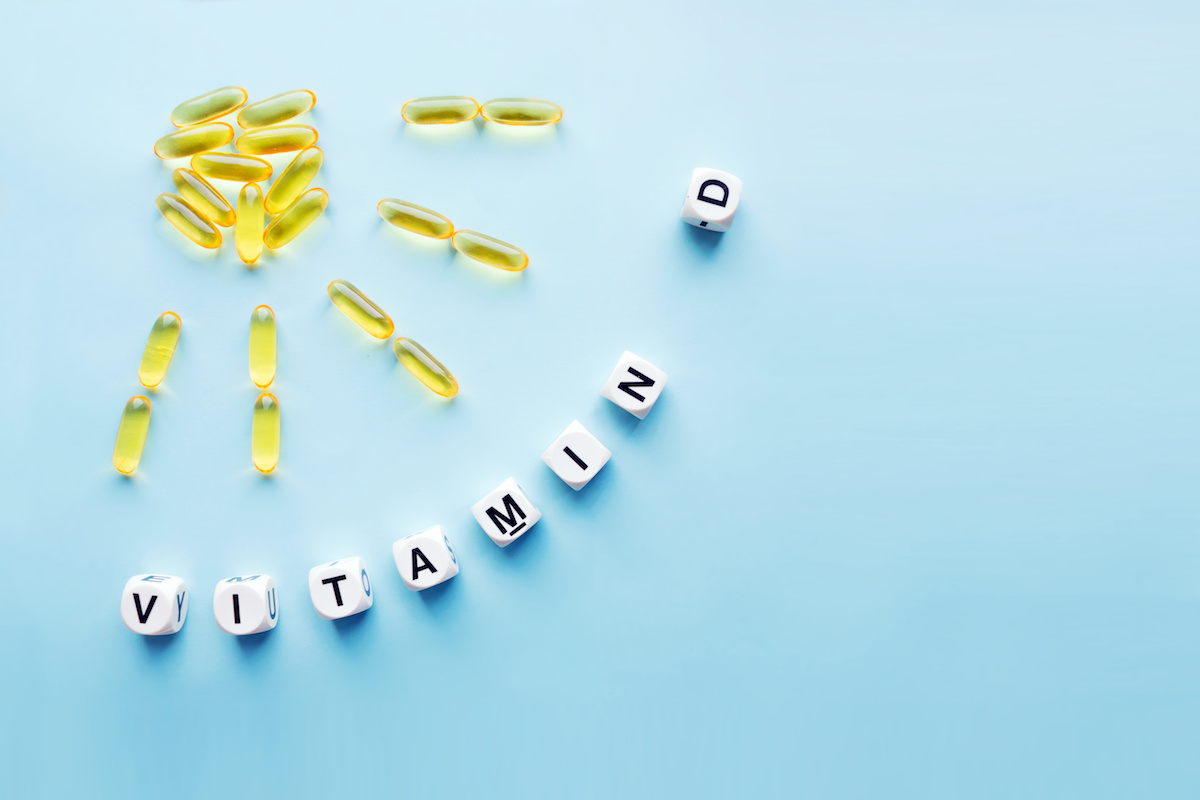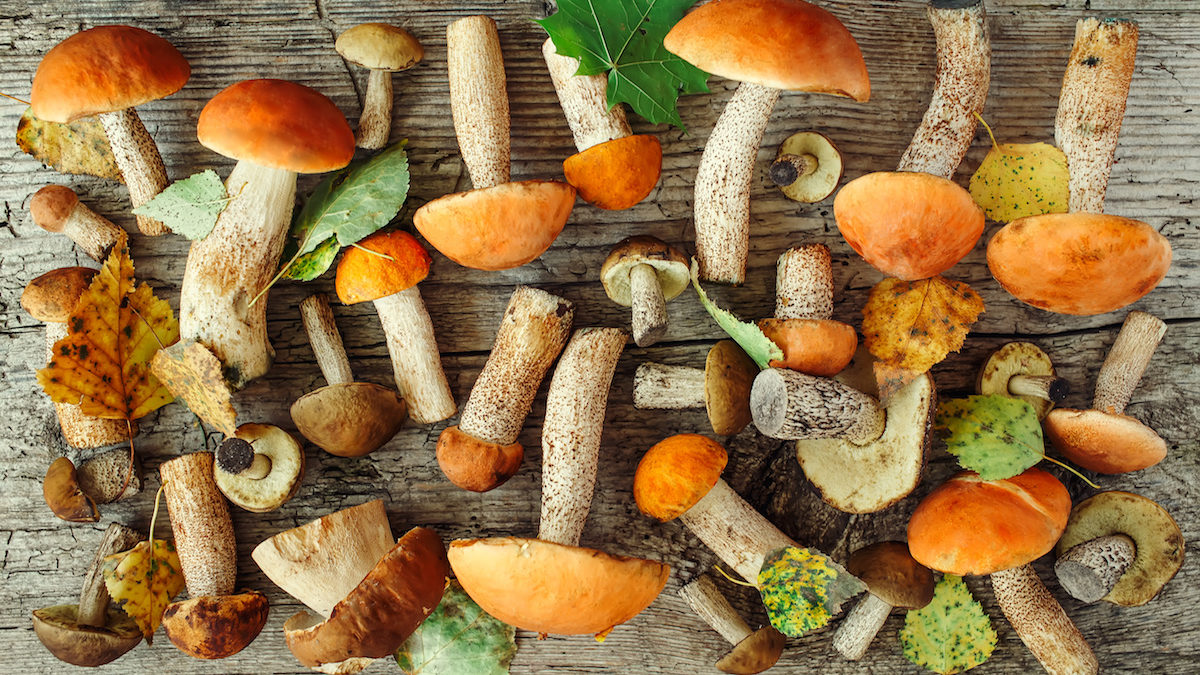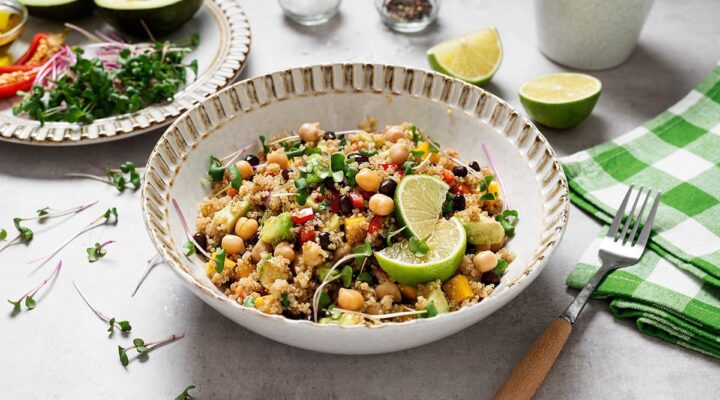Why Vitamin D Is the Most Important Supplement You Can Take Right Now

From keeping your bones healthy to helping fight depression and disease, the benefits of vitamin D should be widespread knowledge by this point. It might surprise you then to find that an estimated 1 billion people worldwide have low levels of the vitamin in their blood, including 1 in 5 people here in the UK.
This deficiency becomes an even more pressing concern following research published in The Journal of Clinical Endocrinology & Metabolism. Researchers looked at 216 COVID-19 patients in a hospital in Spain and matched the patients to controls from another dataset. 82.2 percent of all the patients were deficient in vitamin D.
People with the deficiency also had longer hospital stays for COVID-19, the study showed, as well as a higher prevalence of hypertension and cardiovascular disease.
Foods Rich In Vitamin D
The question is then, how do we combat this deficiency? While the list isn’t especially extensive compared to other vitamins, there are some foods that are good sources of the vitamin. Fish and egg yolks are the two main food sources, but not particularly helpful for vegans. Fortified foods, like orange juice, can help supplement your vitamin D levels instead, but our recommendation is to eat more wild mushrooms.
Like us humans, mushrooms can synthesize vitamin D when exposed to UV light and the wild variety especially are excellent sources of vitamin D2 (animals produce vitamin D3 instead, more on this later). On the flip side, commercially grown mushrooms are often grown in the dark and contain very little D2. Wild mushroom soup, here we come then.

“You can take too much vitamin D as well,” warns Vanessa Rohmig, our certified naturopathic nutritionist here at Form. “So it’s advised to take around 1000-2000 IU a day for an adult (this will depend on weight). And try to take vitamin D with your meal, as it has been shown to improve absorption and result in higher blood levels of vitamin D (50 percent higher levels).”
Vitamin D Supplements For Vegans
Despite these food sources, we still get most of our vitamin D from the sun, which is sadly in short supply as we enter the peak of winter. This is where a vitamin D supplement can become a lifeline.
The term vitamin D can be confusing when looking for a supplement though because you will not find anything labeled simply as ‘vitamin D’ in your pharmacy. Rather, your choices will be vitamin D2 or vitamin D3.
Vitamin D2 comes from plant sources, such as the aforementioned wild mushrooms, as well as fortified foods, such as milk or cereal products. When you see something referred to as vitamin D then D2 tends to be the type used. Vitamin D2 is less expensive to produce and therefore is the form most commonly found in fortified food products.
Vitamin D3 mainly comes from animal sources such as fish oil, fatty fish, liver, egg yolks, or a type of grease called wool yolk, which is made by wool-bearing animals. When your skin is exposed to sunlight, it produces vitamin D3 and is therefore more important than D2 when you’re looking to make up for lost sun exposure.

It’s also more effective. A study published by the National Institutes of Health for example, compared the effects of receiving a single high dose of vitamin D2 or vitamin D3 on calcifediol levels (the main metabolite used in measuring a patient’s vitamin D levels). The study concluded that vitamin D3 produced about twice the amount of circulating calcifediol in patients compared to vitamin D2.
Vegan vitamin D3 supplements are rare, but with deficiency at staggering heights, and the links between that deficiency and COVID now quite apparent, its a search well worth making.


















